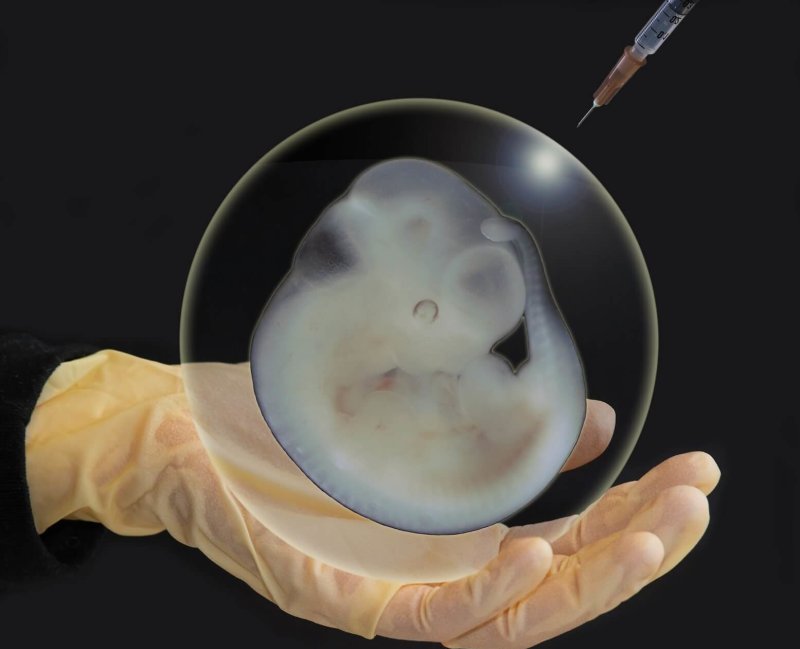As early as 1979, regulators responded to [in-vitro fertilization ethical] concerns by establishing the ‘14-day rule’. It soon became an internationally accepted regulation in reproductive medicine: a legal and ethical guideline that prohibited scientists from sustaining human embryos in the lab beyond 14 days. But now the voices calling for the rule to be extended are growing ever louder. In the past three years, scientists in diverse fields of medical science, ranging from fertility to cancer biology, are asking today’s regulators to reconsider whether the rule should be revised.
Although the 14-day rule doesn’t directly affect the process of IVF, which usually involves embryos being grown artificially for up to seven days after fertilisation, it does impact researchers’ ability to investigate the reasons why IVF can fail, which happens on average 70 per cent of the time.
Reproductive experts argue that extending the 14-day rule to 28 days would provide a window for understanding how IVF can go wrong, and why some women are more prone to this misfortune than others. They also point out that extending the 14-day rule would allow for more research into how to put unused embryos from IVF clinics to use for the greater good, rather than seeing them destroyed as can happen now.































